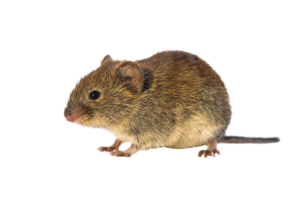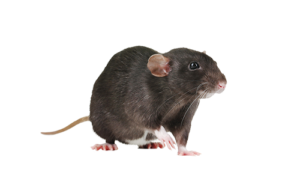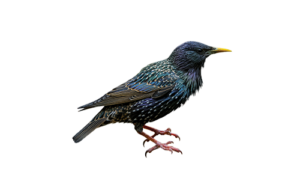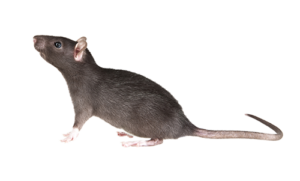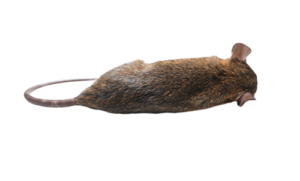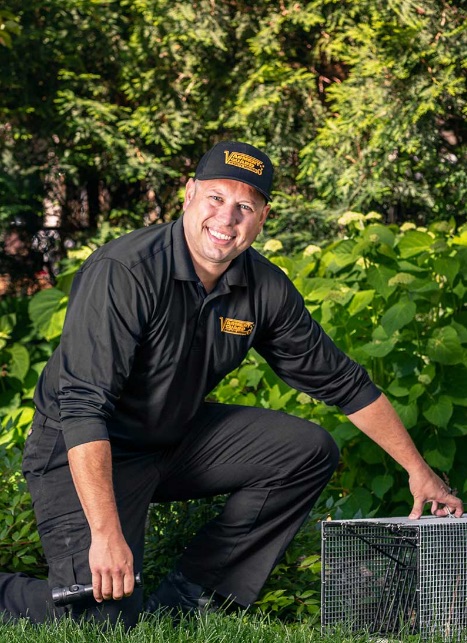Stray cats, often referred to as feral cats, are classified as a nuisance species because these pests like to occupy places in high numbers. As populations of feral cats increase, regular fighting occurs and as cats compete for territory rights, they spray the area with their urine. These cats are not only dangerous, but they are a nuisance causing people to want to have them immediately removed from their property. Those wanting help with stray cat removal need to reach out to a local company for help with the process.
Feral Cats
Feral cats are born in the wild and never had a home. The behavior of these cats is far different than that of a domesticated cat. When someone refers to a stray cat, more than likely they mean a feral one. Feral cats, when threatened will claw, bite, hiss, and do anything necessary to escape. It is best to stay away from feral cats. Stray cats are cats that have been lost or have become separated from its home or owner.
Habitats
Cats are very adaptable and can live just about anywhere. The most common places for wild cats to live are under porches, decks, and mobile homes. They are also known to live in barns, crawlspaces, sheds or anywhere else that can provide shelter. Once inside a home, they can hide and live in the rafters of the attic.
Complaints
Feral cats occupy public areas, hiding around dumpsters and anywhere else they can find shelter and food. Cats leave behind foul scents from spraying, especially during mating season. Another major complaint is the loud noises from the cats either fighting or mating. Most complaints come from areas with a high concentration of stray cats. In addition to these complaints, cats pose a threat to domesticated pets, especially other cats.
Behavior
Cats definitely have a personality of their own. They are very adaptable creatures and very capable of surviving in the wild. Once a cat is born in the wild and has lived as a wild animal, it is very difficult to domesticate it. Stray cats live in colonies, surviving off protein from food they hunt and catch. Wild cats prey primarily on rodents and birds. However, if necessary, they can survive on garbage. Cats have discovered human garbage contains as much food as a single rat does. Feral cats eat food left out for them by humans, which is something that should not be done.
Concerns
Aside from feeling bad seeing cats freezing and covered with fleas, there are many concerns people have when it comes to encountering stray cats. Feral cats carry a variety of diseases that can be spread to humans, domesticated pets, and other local wildlife. Many homeowners are concerned with their property smelling from the mating spray of feral cats, as well as being annoyed by the strange noises they make. Many feel they are a dirty nuisance, that hunt and kill local wildlife. Those concerned about the presence of feral cats need to call a stray cat removal expert for assistance.
Diseases
Stray cats carry a variety of diseases that can easily spread to humans and domesticated animals through cat bites, scratches, and fecal matter. Some of these diseases include cat-scratch fever, feline immunodeficiency virus, feline leukemia, various respiratory infections, and rabies. Some wild cats carry parasites, which carry diseases that can also be easily spread. Parasites carried by feral cats include fleas, ticks, ear mites, and ringworm.
Removal
As humans, it is difficult to see a cat trapped knowing in the end the animal will more than likely be euthanized. However, long-term overpopulation of stray cats can lead to many more of these animals suffering. Cats are very clever creatures and in most cases, help from a stray cat removal specialist is needed. Hiring a specialist ensures the cat is treated humanely and captured without the spread of disease or harming anyone.
Most trapped cats are seen by a vet, treated for disease and parasites, and spayed or neutered. In some cases, the cats are able to be rehomed. Especially if they were not in the wild for too long. Others, once spayed or neutered, if healthy, are returned to the wild.
Prevention
The first line of defense when preventing stray cats from coming onto a property is to stop feeding them and eliminate all food sources. Feeding stray cats is the worst thing a person can do for both the cat and the ecosystem. Once a feral cat is fed by a human, they will tell other cats and suddenly a property is swarmed with stray cats. Feeding stray cats leads to a sudden overpopulation, which eventually leads to a majority of the cats being left underfed and suffering.
In addition to not feeding cats, put up barriers to prevent them from moving in and living underneath porches, patios, barns, and other structures. Keep doors to sheds, barns, and garages closed when not in use. A fence may also help deter cats from entering a yard, but not always successful.
Cat owners who can no longer have the pet need to take it to a local shelter. Do not abandon it. Cat owners need to have their pet spayed or neutered to prevent any unwanted cat pregnancies.
Professional Help
Those trying to deal with the removal of a stray cat from their yard do not have to rely on DIY methods to remove and exclude the animal. There is help available. Stray cat removal service companies come out and help with the removal process. They are trained and experienced with handling the animals in a humane and safe manner. Professional service technicians are capable of removing dozens of cats at a time from properties in a safe and humane way.
There are an estimated 146 million cats in the United States with about half of those cats considered feral or wild. Over a seven year period a pair of wild cats and their offspring can produce hundreds of thousands of kittens. Stop the overpopulation of wild cats by hiring a stray cat removal service company to help trap the cats in the community. These cats will be treated humanely and if possible, once spayed or neutered, healthy cats are rehomed or returned to the wild.


